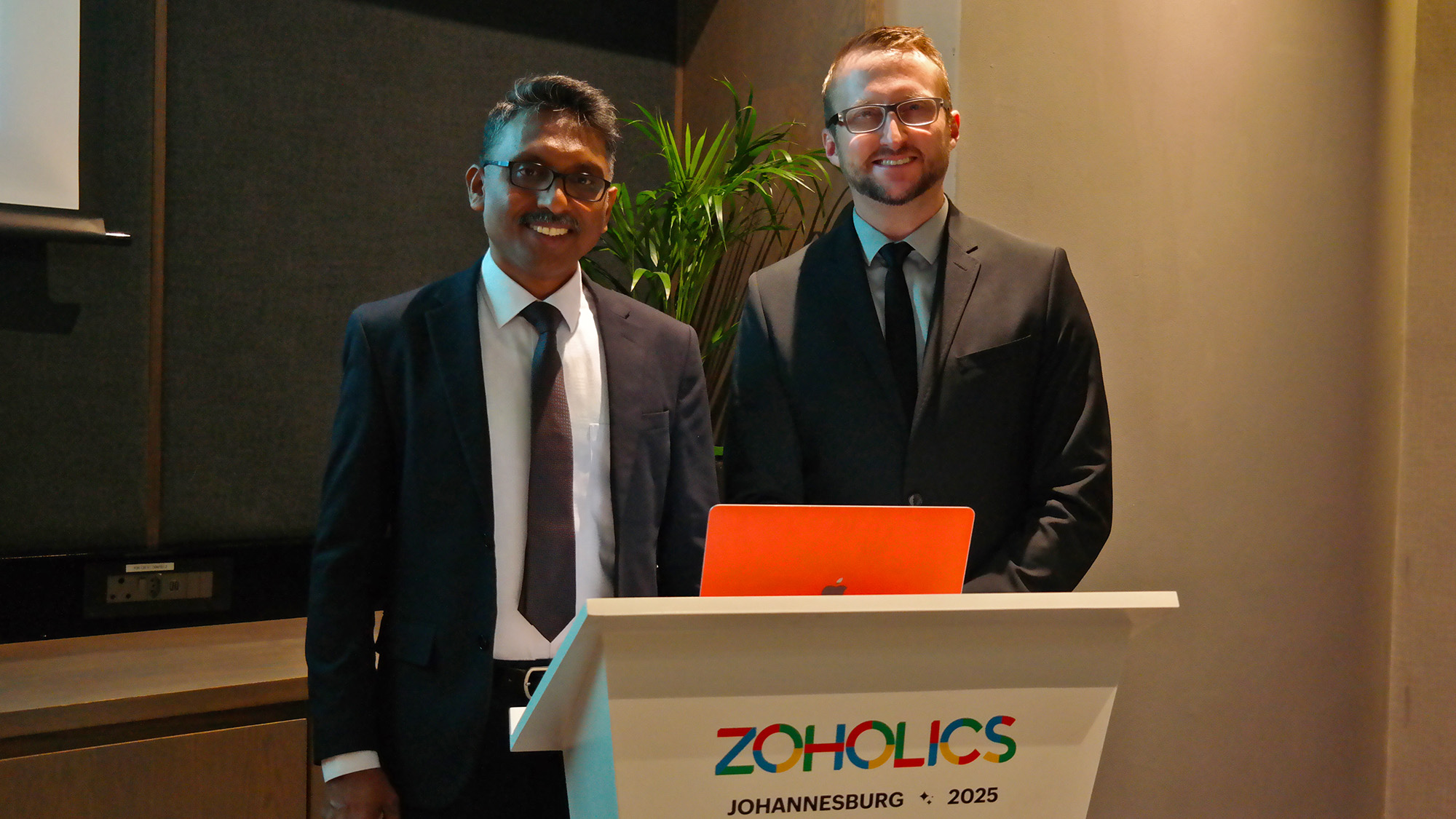The Advertising Regulatory Board (ARB) is South Africa’s watchdog for ethical advertising, and with their latest campaign, they’re shining a spotlight on misleading ads to help consumers know their rights and spot the red flags.
- The ARB is South Africa’s official watchdog ensuring all advertising is honest, ethical, and transparent.
- Their latest campaign aims to raise public awareness about spotting and reporting misleading advertising.
- If an ad seems too good to be true, South Africans can lodge a free complaint with the ARB and help stop deceptive marketing.
- Visit www.sandtontimes.co.za for more stories.
Cast your mind back: when was the last time you saw a piece of advertising that sounded just a little too good to be true? A sale that never ends. A miracle cream that turns back time. A smartphone that’s free – with terms and conditions longer than your arm. Chances are, you’ve fallen for misleading advertising at least once. But who’s really keeping watch over the sometimes ‘wild west’ of media messaging?
Enter the Advertising Regulatory Board (ARB) – South Africa’s frontline in the fight to keep advertising honest. And at the helm is Gail Schimmel, CEO of the ARB, who recently sat down with The Sandton Times to unpack a new awareness campaign – and explain why this watchdog matters more than ever.
The ARB may be relatively young – founded in 2018 – but its roots run deep. It emerged after the Advertising Standards Authority of South Africa (ASA) went into liquidation, effectively picking up the regulatory baton.
We took over the work of the ASA, but many people still don’t realise there’s a body like ours you can complain to about advertising. That’s why this campaign is so important – it’s about awareness.
// CEO of the Advertising Regulatory Board (ARB), Gail Schimmel
Recognised by both ICASA and the International Chamber of Commerce (ICC), the ARB administers the Code of Advertising Practice, setting ethical guidelines that advertisers in South Africa must follow. And it’s no paper tiger. In 2023, the ARB earned the International ICAS Special Recognition Award for overcoming significant regulatory and operational hurdles – solidifying its place on the global stage.
Simply put, the ARB reviews and rules on the content of advertising. It’s not about service complaints or broken promises made by salespeople – that’s for other regulatory bodies. The ARB handles around 600 complaints annually, covering everything from billboards to Instagram stories.
Consumers want to know whether the product they bought is actually doing what the ad claimed. It’s often not the glamorous stuff – it’s cellphone contracts, special offers, or discounts that aren’t real.
// CEO of the Advertising Regulatory Board (ARB), Gail Schimmel
One recent trend? Complaints about telecommunications ads.
We’ve just come out of the ‘soap years’ – yes, really – and now we’re back into a telecoms cycle. It changes every few years.
// CEO of the Advertising Regulatory Board (ARB), Gail Schimmel
But don’t be fooled into thinking the ARB is powerless. Thanks to a landmark 2022 Supreme Court of Appeal judgment in Bliss Brands v ARB, the Board can now issue rulings – even over non-members. While it can’t directly force non-member advertisers to take down a misleading ad, it can instruct its member platforms – which include major broadcasters, newspapers, and online platforms – to stop carrying the content. In other words, if you’re advertising something misleading, don’t expect to stay on TV or on your favourite radio station.
The media landscape has shifted dramatically in recent years. Gone are the days of simply monitoring radio, TV, and print. Today, the ARB is dealing with influencers, social media marketing, and even WhatsApp promotions – where enforcing standards becomes trickier.
We don’t monitor advertising ourselves – we act when someone complains. That’s why it’s so important for the public to know how to report an ad.
// CEO of the Advertising Regulatory Board (ARB), Gail Schimmel
Still, the Board has made strides in the digital space. A new partnership with Meta means ARB rulings now carry weight on Facebook and Instagram. Influencers, however, remain a challenge.
We’re working hard to educate them – particularly about disclosing when content is paid-for. Hashtag #ad isn’t optional. It’s about transparency.
// CEO of the Advertising Regulatory Board (ARB), Gail Schimmel
But enforcement depends heavily on public action.
We need more complaints to really address these gaps. Until people speak up, it’s hard to change behaviour.
// CEO of the Advertising Regulatory Board (ARB), Gail Schimmel
While the ARB can’t fine or prosecute, it does have strong authority – especially over its members.
Broadcasters are legally bound by the Electronic Communications Act, and media partners like the Press Council and Out of Home Media South Africa support our decisions.
// CEO of the Advertising Regulatory Board (ARB), Gail Schimmel
That said, the ARB’s primary tool is removal – getting misleading or unethical advertising taken down. It doesn’t deal with refunds, product guarantees, or pricing disputes. The organisation’s power comes from industry buy-in. Its members are contractually obligated to follow its rulings, and the list includes major industry bodies, platforms, and associations. That means a vast amount of South African advertising falls under the ARB’s jurisdiction – voluntarily.
Think you’ve spotted a misleading ad? The process is simple – and free for consumers.
Just head to the ARB’s website and submit a complaint in writing. You’ll need to:
• Include your name, contact details, and ID/passport number
• Clearly explain why the ad is misleading
• Provide evidence of the ad, where and when you saw it
• Share a screenshot, photo, or clip if possible
Complaints are typically resolved within 30 days, though complex cases can take longer. Businesses with a vested interest – like competitors – must pay to lodge a complaint. Importantly, the ARB will not secure you the advertised item or a refund, but it will aim to protect future consumers from falling for the same claim.
Our consumers aren’t really raising flags about greenwashing yet. They’re more concerned about the basics – ‘did I get what the ad promised?
// CEO of the Advertising Regulatory Board (ARB), Gail Schimmel
It’s proof that in an age of algorithm-driven messaging and influencer hype, the simple truth still matters. So, next time you see a deal that feels a little too perfect, don’t just scroll past or roll your eyes. The ARB is ready to hear from you. Because in a world of big claims and bold promises, someone’s got to read the fine print.
Visit Advertising Regulatory Board to submit a complaint or learn more.
Stand a chance to WIN with The Sandton Times.
Advertise on The Sandton Times today!
Head back to The Sandton Times Home Page for more stories.

![sandtontimes-advertising-regulatory-board-gail-schimmel-[2000×1125] Sandton Times Hour](https://sandtontimes.co.za/wp-content/uploads/2025/06/sandtontimes-advertising-regulatory-board-gail-schimmel-2000x1125-1.jpg)










